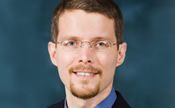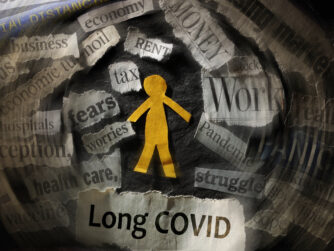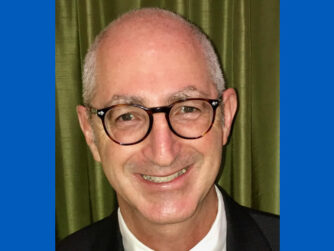Dr. Luke Shaefer
In this episode, Dr. Luke Shaefer discusses the effects of the U.S.’s largest means-tested income support program, the Supplemental Nutrition Assistance Program (SNAP), formerly known as the Food Stamp Program. Recent breakthroughs in research methods have allowed us to better measure these effects, and results suggest that SNAP improves food security among participant households as well as non-food material well-being.
Interviewer: Charles Syms, LCSW





